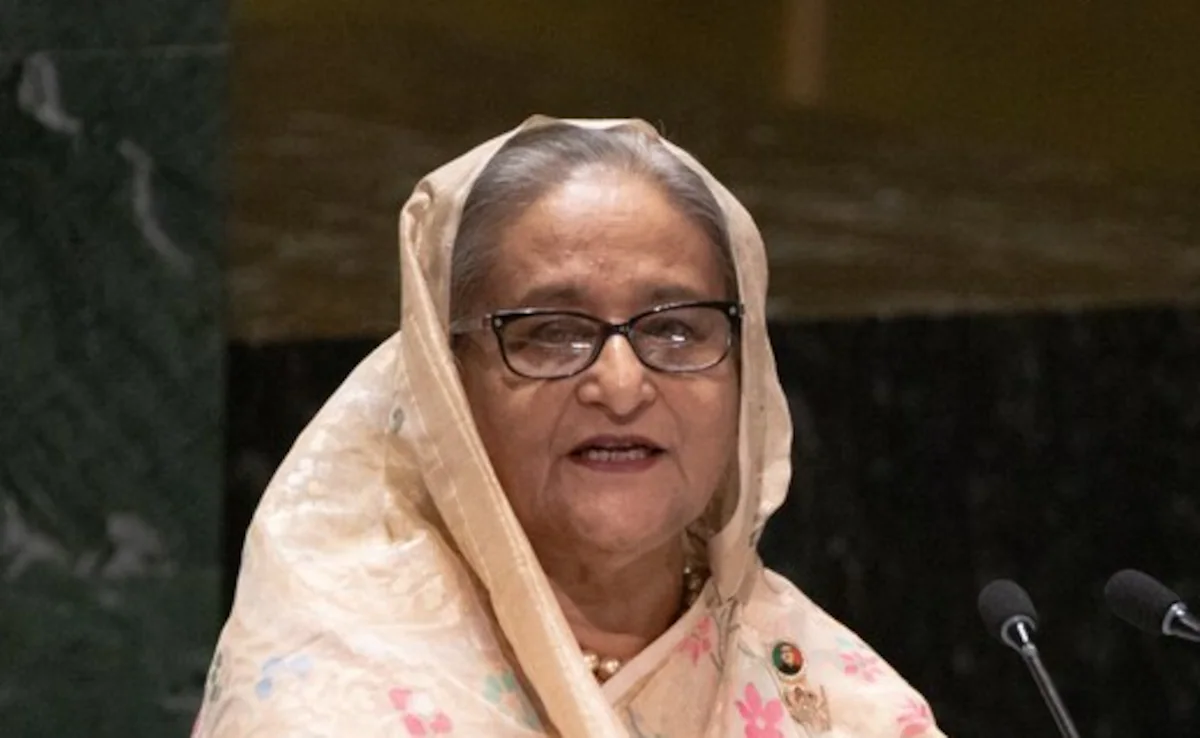Political tensions in Bangladesh escalated sharply this week after a Dhaka court announced that the verdict in former Prime Minister Sheikh Hasina’s war-crimes trial will be delivered on November 17. The decision has ignited widespread unrest across the country, with explosions, arson attacks, and major disruptions to daily life as Hasina’s supporters protest what they call a politically motivated prosecution.
The unelected interim administration led by Muhammad Yunus has reacted angrily to New Delhi’s decision to allow Hasina to speak openly to the media from India, where she has lived in exile for the past 15 months. Bangladesh’s foreign minister summoned India’s Deputy High Commissioner in Dhaka on Wednesday, accusing New Delhi of giving a “platform to a fugitive” and enabling her to “spew hatred” against the current government. Officials urged India to immediately restrict her access to journalists.
Hasina, who fled to India after being toppled in August 2024, has recently given multiple interviews to Indian and Western outlets. She said she wants to return home but only if Bangladesh holds “free, fair and participatory elections.” She also signalled that her now-banned Awami League would contest future polls if conditions allow. In other interviews, she accepted “leadership responsibility” for the deaths of thousands during last year’s student-led protests but accused the Yunus administration of damaging ties with India and empowering extremist groups. She thanked the Indian government for providing refuge, saying she was “immensely grateful” for its hospitality.
The fallout from her remarks has coincided with a surge in violence across Bangladesh. The Awami League has called for a nationwide “lockdown” on Thursday to protest the trial, prompting clashes, crude bomb explosions, and arson attacks in Dhaka and other cities. Over the past three days, vehicles have been torched, a train and a bus set ablaze, and several blasts reported on the Dhaka University campus. Schools have moved to online classes, exams have been postponed, and public transport services were severely disrupted.
The Awami League insists it has no role in the violence, accusing the interim government of orchestrating attacks to tarnish the movement and shift blame. Its headquarters in Dhaka was also set on fire—mirroring similar violence that followed the party’s ouster last year.
In response, the government has deployed extensive security, including Border Guard Bangladesh units and roughly 17,000 Dhaka Metropolitan Police personnel. Access to Jamuna, the official residence of Chief Adviser Muhammad Yunus, has been heavily restricted.
Hasina’s verdict will be delivered by Bangladesh’s International Crimes Tribunal, which has been trying her and two former officials—ex-home minister Asaduzzaman Khan and former police chief Chowdhury Abdullah Al-Mamun—for alleged crimes against humanity linked to last year’s fatal crackdown on protesters. Al-Mamun has turned state witness, while Hasina and Khan remain fugitives. Prosecutors have asked the tribunal to impose the death penalty on both Hasina and Khan.
With the verdict days away and political violence intensifying, Bangladesh is bracing for a turbulent and uncertain week that could reshape the country’s political future.

